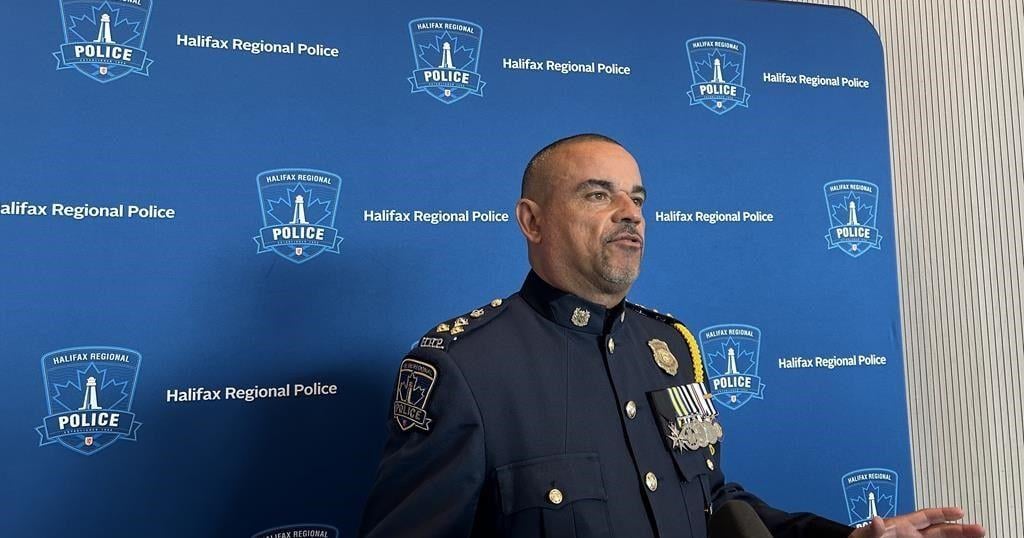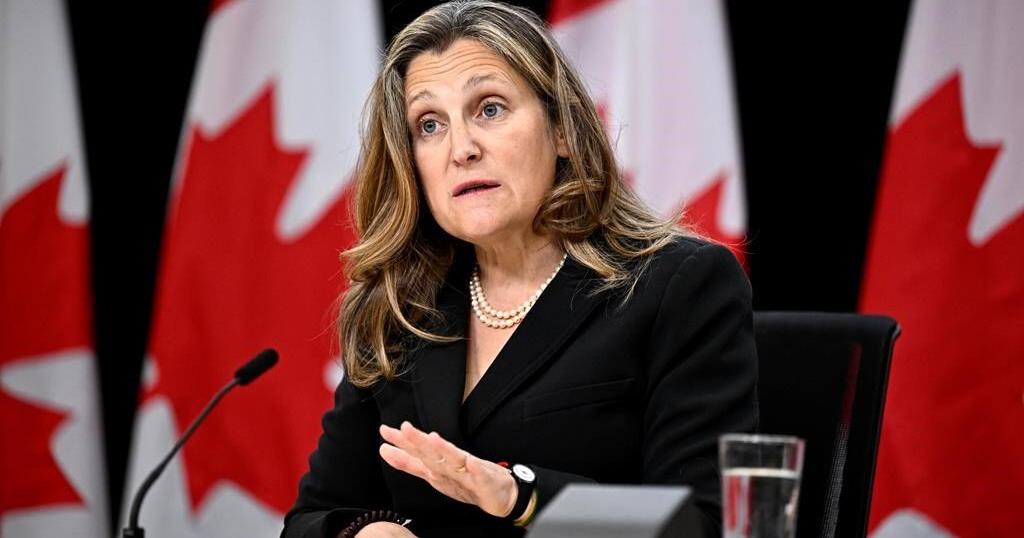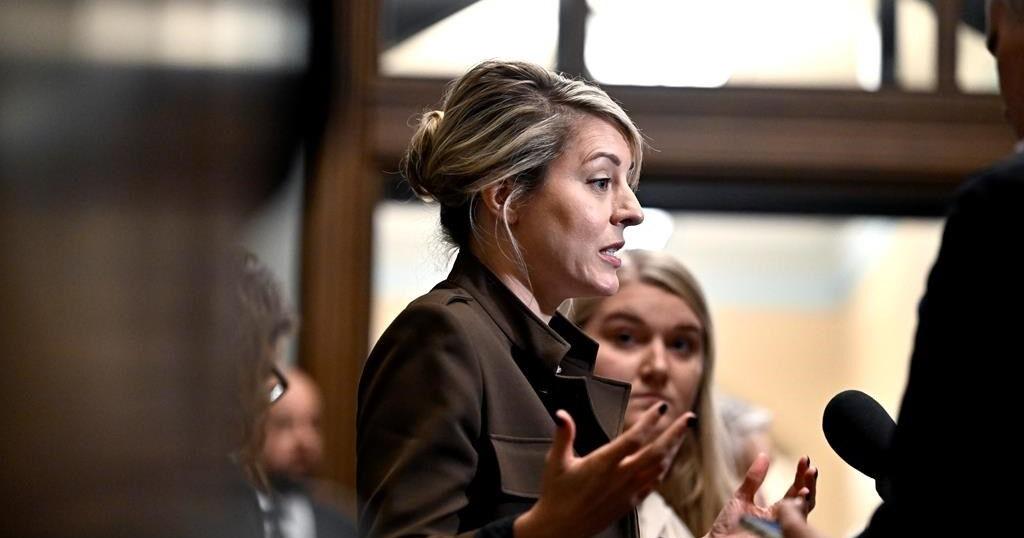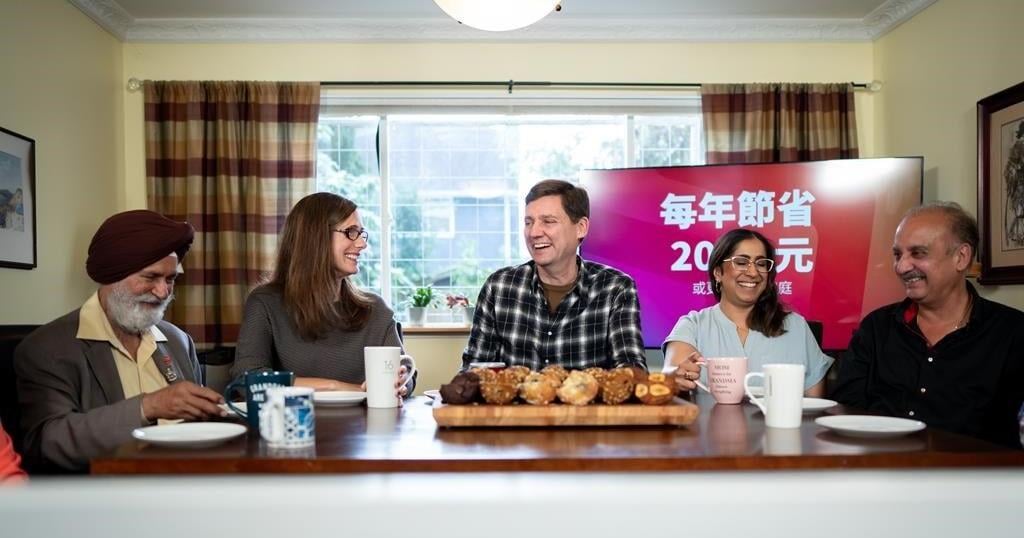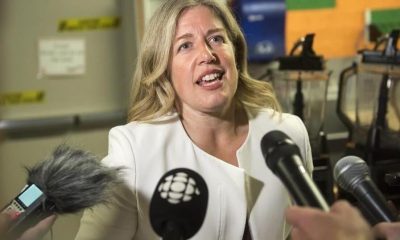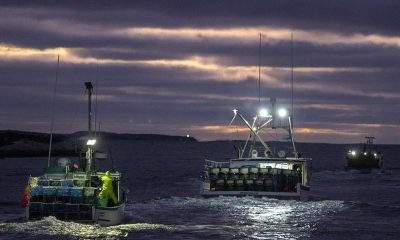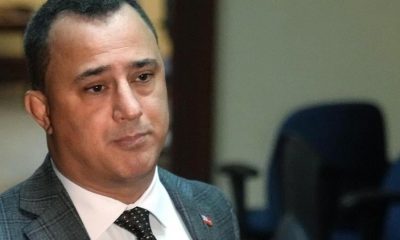HALIFAX – At his swearing-in ceremony Wednesday morning, Don MacLean, the Halifax police force’s first Black permanent chief, paid tribute to the African Nova Scotian officers who came before him.
Speaking to a room of past and present Halifax police and RCMP officers, city councillors, and members of the board of police commissioners, MacLean spoke of the Black officers who “paved the way” for him to lead the force — but who didn’t get the same opportunities he did.
Officers, he said, “whose experiences were simply not the same as mine.”
Later, speaking with reporters, he acknowledged the strained relationship between police and the city’s Black community — residents who have not been treated the same as others. He said he hoped his new role will inspire the next generation of African Nova Scotians.
“Opportunity looks different to different folks,” he said, and seeing a Black chief of police “opens up a world that is something you may not have thought of.”
MacLean’s swearing-in ceremony comes one month after the commander of Nova Scotia’s RCMP apologized for the use of street checks, which are now banned. The practice, also known as carding, involved police randomly stopping citizens to record their personal information and store it electronically.
In 2019, a provincially commissioned study revealed Black people in Nova Scotia were five times more likely to be stopped for street checks than were white citizens. MacLean’s predecessor, Daniel Kinsella, issued an apology for the practice when the report was first published.
MacLean became acting police chief in September 2023 when Kinsella retired. During his tenure, MacLean lead the force while it handled an increased volume of protests in Halifax, a growing unhoused population, and a shooting at the Africville family reunion where five people were injured.
When Kinsella announced his retirement, some members of the Black community expressed concerns that a change in Halifax’s police leadership wouldn’t improve relations with the city’s African Nova Scotian community. But with MacLean now permanently leading the force, one Black leader said she’s hopeful “Donny” will bring much needed change.
“Donny has certainly put his time in as a police officer and risen through the ranks,” Bernadette Hamilton-Reid, the executive director of the African Nova Scotian Decade for People of African Descent Coalition, said in an interview Wednesday afternoon.
She added that MacLean understands the Black community, its roots, its needs and its struggles, a knowledge she said will help address systemic issues like high incarceration rates and racial profiling Black people face when they are driving cars or shopping in stores.
“We’re hoping he will have open eyes to that and work with us and work with the community to (address systemic problems) because now he’s coming in with our cultural lens,” she said.
Hamilton-Reid said MacLean’s new role sets a significant precedent. “It always shows that people think that people of African ancestry are not able to hold leadership roles. So this certainly shows to the city, the municipality, the province, and the country that we do have people that can hold these roles,” she said.
Having assumed the permanent role on Aug. 12, MacLean said his priorities include improving public safety and police wellness, recruiting and retaining more officers, and building community relationships. MacLean is a lifelong resident of Halifax and has been with the police force for 31 years.
This report by The Canadian Press was first published Oct. 9, 2024.

